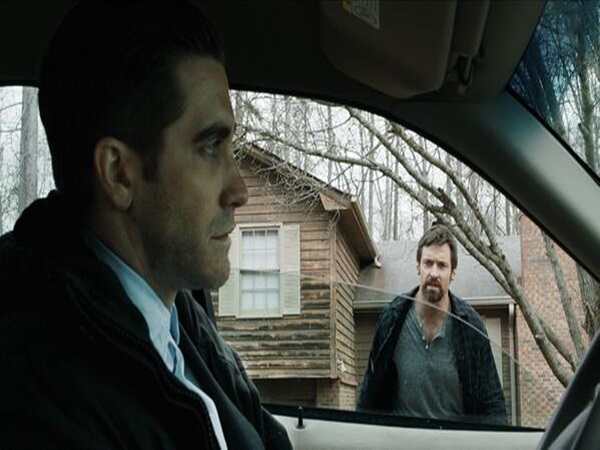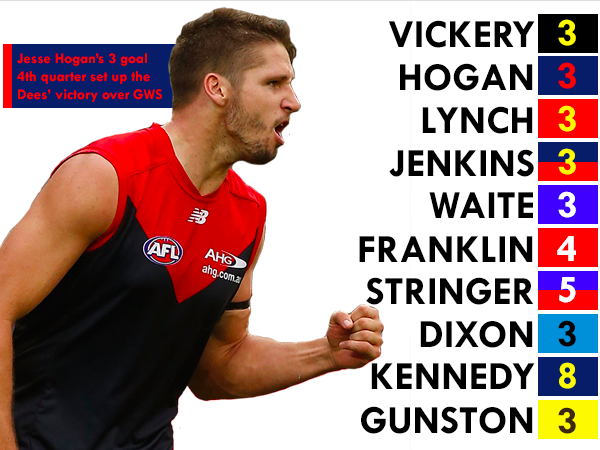While Prisoners plays heavily upon the fear complex it is about more than the themes of faith and morality — and kidnapping. A testament to the director, the film questions but never preaches.
With a running-time of 153 minutes, it gives you ample time to change your opinion a few times, while leaving you guessing until the end.
The mood is set from the opening frame and carries throughout the movie with the masterful assistance of cinematographer Roger A. Deakins (No Country for Old Men) who captures the soul of this blue collar Pennsylvanian town and its fragile inhabitants.
The story is reminiscent of Clint Eastwood’s Mystic River, but while Eastwood dealt with the aftermath of child abduction and the loss of innocence, Villeneuve reveals – in all its anger and confusion – the heart wrenching effects of a parent’s grief.
Starring Hugh Jackman, as Keller Dover and Jake Gyllenhaal as detective Loki, the movie is penned by Aaron Guzikowski (Contraband) and could have played out like any other Hollywood revenge fantasy but Villeneuve decided to take the high road.
Villeneuve described Dover as representing the individual and Loki as the institution. Watching them together on screen, talking at each other rather than to each other, it’s easy to understand his reasoning. Loki is the burocracy, the by-the-book officer captive to the regulations that dictate hard evidence and cold analysis, whereas Dover follows his emotions right to the end.
But there is more to Loki. The tattoos, the almost distracting facial tick, the buttoned up collar and the hint of a bad childhood cleverly point to something that lurks below the surface. We only scratch at the surface of it and it’s an itch we keep scratching until the very end.
Conversely, Dover’s psyche drips out bit by bit until there is nothing more to know about him. We see him and, maybe some of us, understand him.
Villeneuve also shows us the flipside of the situation in the guise of Franklin Birch (Terrence Howard) a man equally distraught by his daughter’s kidnapping but unwilling to torture a man he isn’t convinced is guilty of the crime. While unwilling and disapproving he, at the behest of his wife (Viola Davis), allows the torture to continue for the sake of his daughter.
Do we condemn or support Dover? Do we tacitly disapprove but do nothing? Or do we just numb the pain away and hope everything will be better in the morning?
There are no answers in this dark and dreary tale, only questions and moral ambiguities.
Villeneuve develops his characters gradually and contrasts them against each other. The movie is more about these people and their actions than it is about who kidnapped the children and why. Everyone is a prisoner. A prisoner of circumstance, of their actions and of their grief.
Guzikowski’s script doesn’t rush the narrative and doesn’t add any superfluous detail to the events transpiring. There are twists and turns and false dead ends but nothing is superfluous. Keep that in mind and in the end, rightly or wrongly, it’ll all make sense.
Prisoners is an unusual Hollywood fare. A slow narrative dealing with torture, but refraining from judging it. A box office hit exceeding two hours but without a single explosion.
Rameez Abdeen is a regular contributor to upstart and a third-year Bachelor of Journalism student at La Trobe University. You can follow him on Twitter: @InVinoVeritas5.







